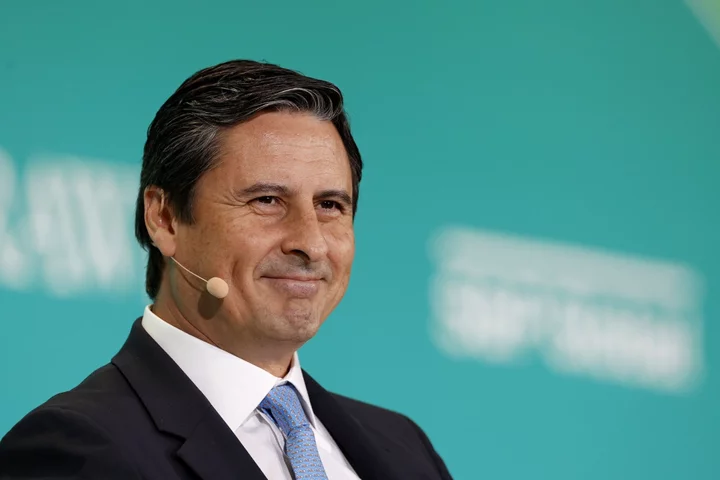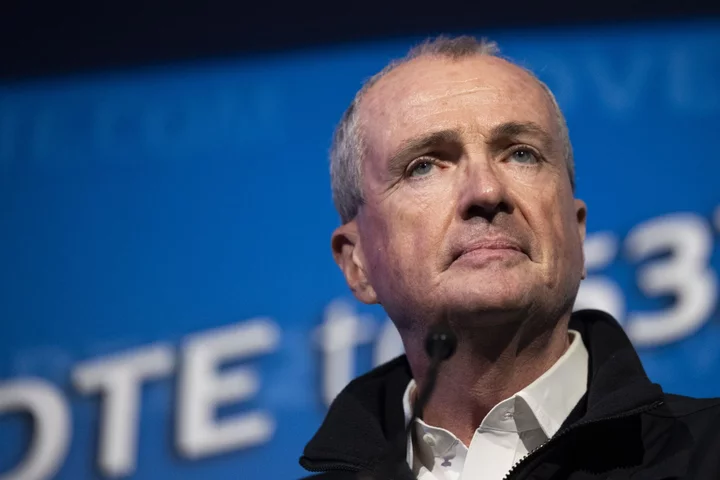For the second time in six years, NRG Energy Inc. is making a big change after activist investor Elliott Investment Management LP objected to the strategy being pursued by the independent US power producer.
On Monday, NRG announced it’s replacing Chief Executive Officer Mauricio Gutierrez following a dispute over the company’s $2.8 billion acquisition of Vivint Smart Home Inc. — a transaction Elliott in May called the “worst deal” of the decade in the power and utilities industry. In 2017, Elliott pushed NRG to refocus on traditional electricity generation and retail businesses, leading to the sale of most of the company’s solar and wind fleet.
While NRG is embarking on a search for a new CEO — giving Elliott the win it sought — it’s not immediately clear whether Gutierrez’s successor will redirect the company’s focus. Unwinding the Vivint deal isn’t currently on the table, according to people familiar with the matter. And NRG’s stock has surged in the aftermath of Elliott’s renewed criticism earlier this year, closing at a record last week.
“NRG has been on the same strategic direction since before Elliott was involved and the stock has preformed very well,” Morningstar analyst Travis Miller said in a telephone interview. “It’s not clear how much more return Elliott wants out of this.”
NRG declined to comment beyond its release. The company’s shares fell 1.8% as of 1:15 p.m. in New York.
With Gutierrez out, NRG Chairman Lawrence Coben will serve as CEO on an interim basis, the Houston-based company said Monday. NRG is adding four independent directors and will conduct a review of its operations.
Read More: Elliott Seeks NRG Shakeup Again After ‘Worst Deal’ of Decade
“The commitment to the current Smart Home strategy is buttressed by the appointment of Marwan Fawaz (former Nest CEO) to the board, with the interim leadership reiterating a commitment to the capital allocation framework and other key tenets of the current plan,” said Shahriar Pourreza, an analyst at Guggenheim, in a note Monday.
NRG took a different tact in response to Elliott’s previous objection to its strategic direction. The company six years ago was pushing hard into renewables, but ended up unloading billions in assets following Elliott’s involvement.
(Updates shares in fifth paragraph and more details throughout.)
Author: Naureen S. Malik, Will Wade and Crystal Tse









